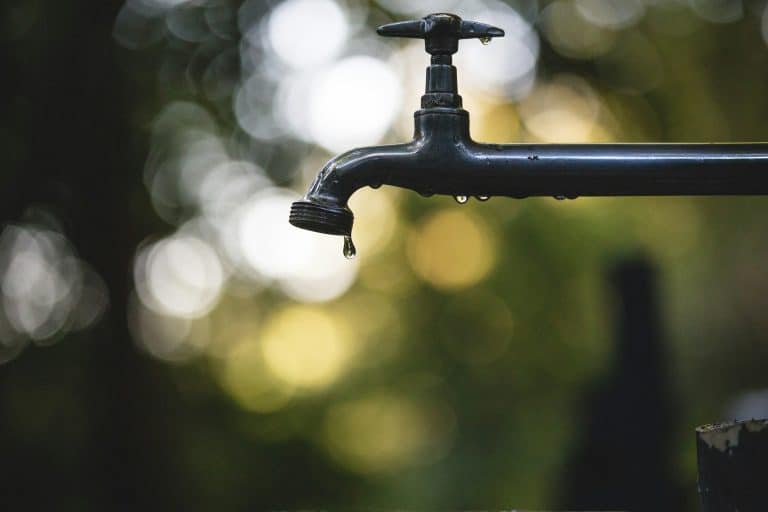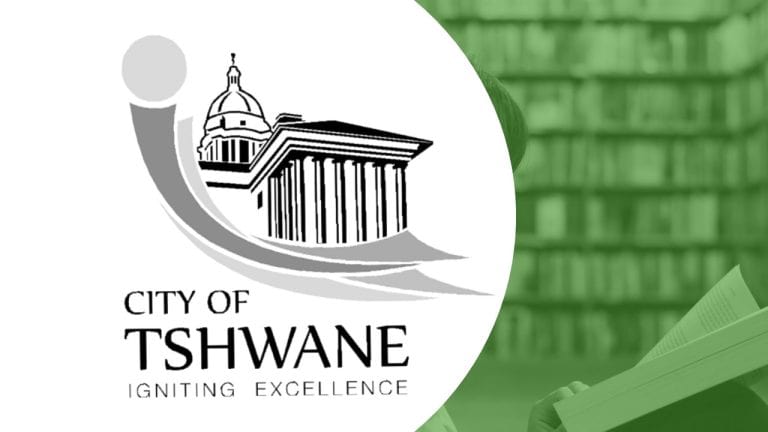Protect existing heritage sites first before calling for new ones, says AfriForum
Soundbite: Marais de Vaal (English)
Klankgreep: Marais de Vaal (Afrikaans)
The government is once again attempting to polish its image through the Department of Forestry, Fisheries and the Environment’s latest notice (GN 6131 of 2025) requesting proposals for the nomination of new World Heritage Sites. According to AfriForum, this process is a waste of time if the government is not able to properly maintain the existing heritage sites and allows the country’s natural and cultural heritage to wane.
The condition of some of the existing World Heritage Sites leaves much to be desired due to the enormous pressure on these sites. Heritage sites such as the Vredefort Dome, iSimangaliso, Robben Island, Mapungubwe and the Richtersveld have faced many threats for many years — from destructive abalone poachers to illegal development and mining, poorly maintained infrastructure and governance issues. In many cases, government intervention has been either inadequate or absent altogether.
“There is little reason to nominate new sites for World Heritage status if the current sites are already deteriorating. The government wants to create the impression that progress is being made, but this is not supported by concrete action,” says Marais de Vaal, AfriForum’s Advisor for Environmental Affairs.
“A poorly maintained site is not only an embarrassment but also creates a poor image of our natural habitat and the country as a whole. Authorities like to announce with great fanfare when sites are proclaimed, but when problems with their management and maintenance are brought to their attention, there is silence or attention is diverted with exercises such as this call to designate more sites,” adds Alana Bailey, AfriForum’s Head of Cultural Affairs.
AfriForum also questions whether World Heritage status is in itself an effective protection mechanism for South African sites. While it may attract international attention, it does not replace the need for local governance, law enforcement and community engagement – often the most important ingredients for lasting conservation.
“World Heritage status should not be confused with the certainty of security – it is a mere pretext. What truly protects a site is not its name on a list, but how it is managed and preserved at grassroots level. If this is lacking, this symbolic status has no real value,” says De Vaal.
AfriForum believes that the long-term preservation of South Africa’s natural and cultural heritage should not be driven by government promises, but by community initiatives that make a real difference. Many AfriForum branches nationwide have been preserving the country’s unique natural and cultural heritage for years.











